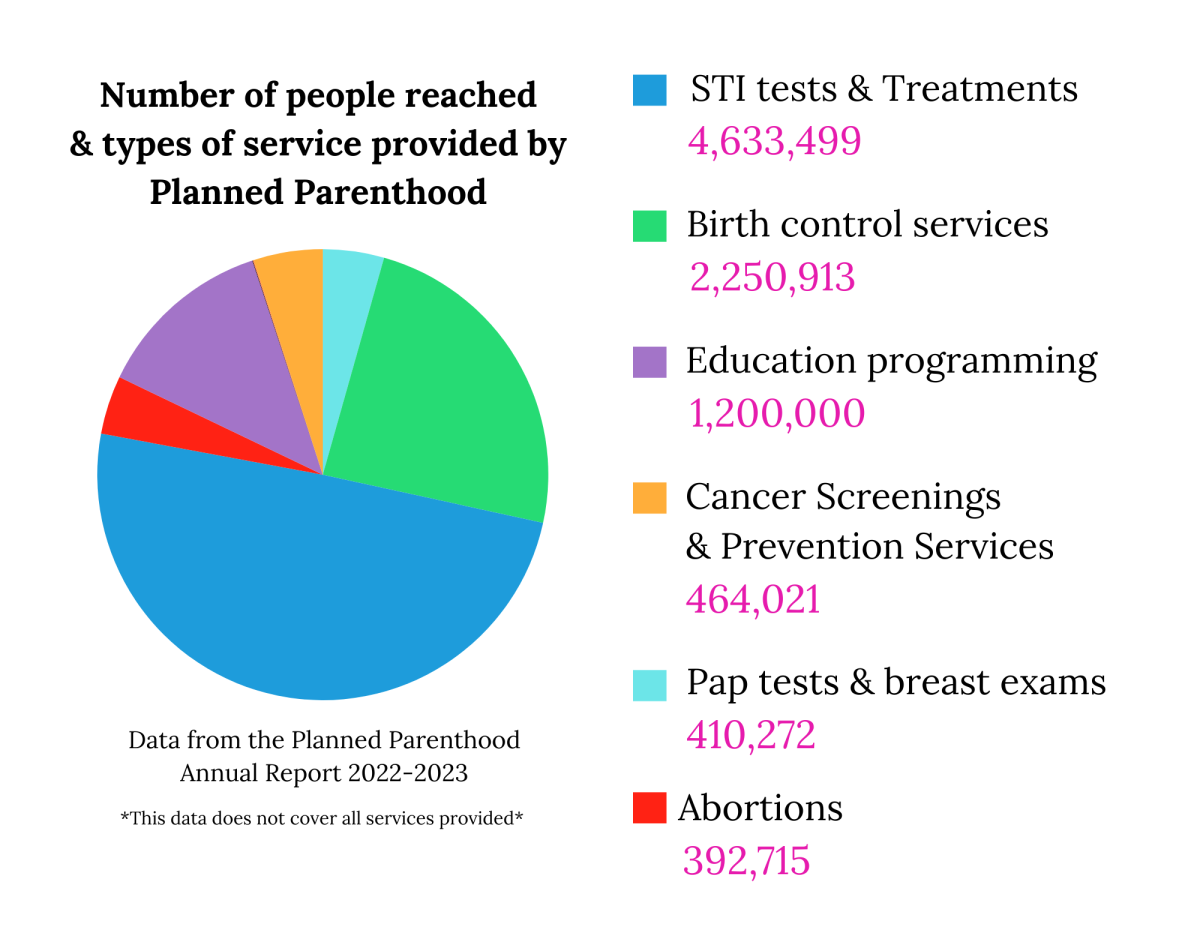Women in the workplace
When I was growing up, I was indifferent towards feminism.
I did not think it was very important because I never felt like being a female put me at a disadvantage. Being white and living in a middle-class family probably contributed to my naïve point of view.
Then, I was fired from a restaurant in San Diego the Summer of 2020 because I misunderstood the nature of my employment. I was under the impression I was hired to serve tables, not the owner’s son. I woke up that day and became a feminist.
While equality for women in the labor force has improved over the past century, the gender wage gap remains at 18% according to data from the Bureau of Labor Statistics. This means women earn 82 cents on the dollar of men on average. This set of data also shows the discrepancy for Black and Hispanic women are 72 and 65 cents respectively
on the white man’s dollar.
Pew Research Center showed this has not changed much since the 20% gender wage gap in 2002. They also found that “two thirds of U.S. working mothers feel a great deal of pressure to focus on responsibilities at home” while less than half of working fathers felt the same way.
I have observed, in the restaurant industry, mothers and pregnant women are often treated poorly. It seems availability conflicts due to childcare are seen as a nuisance to management. I have worked with two pregnant servers who were not given their shifts back after maternity leave.
The pressure of caregiving for children, spouses, and aging parents influences women to leave the workforce to bear these responsibilities, according to Insurance Information Institute. They reported these years lost in the workforce result in lower lifetime earnings which negatively impacts retirement capital.
My mother took seven years off of work to care for me and my two siblings. She returned to the same insurance tech company and found the young woman she used to say was bossy, Jennifer Kesser, was a senior manager at the company. The two became lifelong friends and I spoke to Kesser about her career as a woman and mother.
“One thing I found was I needed to be a good employee, or I needed to be a good mom,” Kesser said. “The situations where I had kids at home and needed to work, I felt like I was failing at both.”
She said in her experience, coworkers who are fathers are called upon for childcare secondary to a mother. Kesser has experienced sexism in the workplace, but never allowed it to impact the trajectory of her career.
































